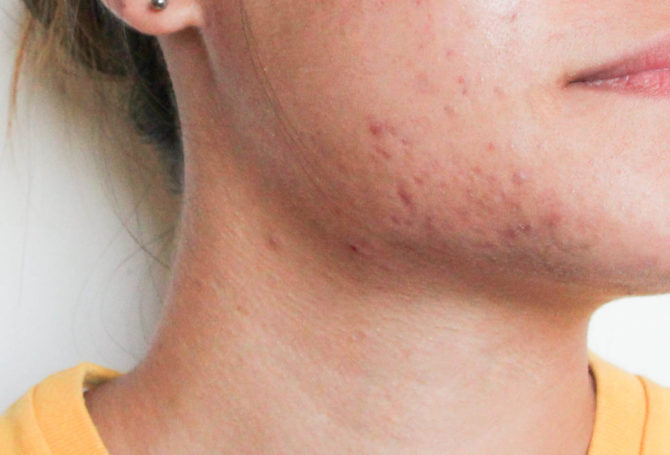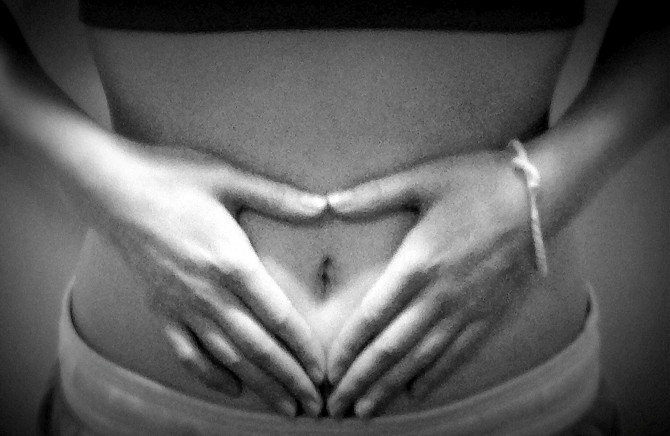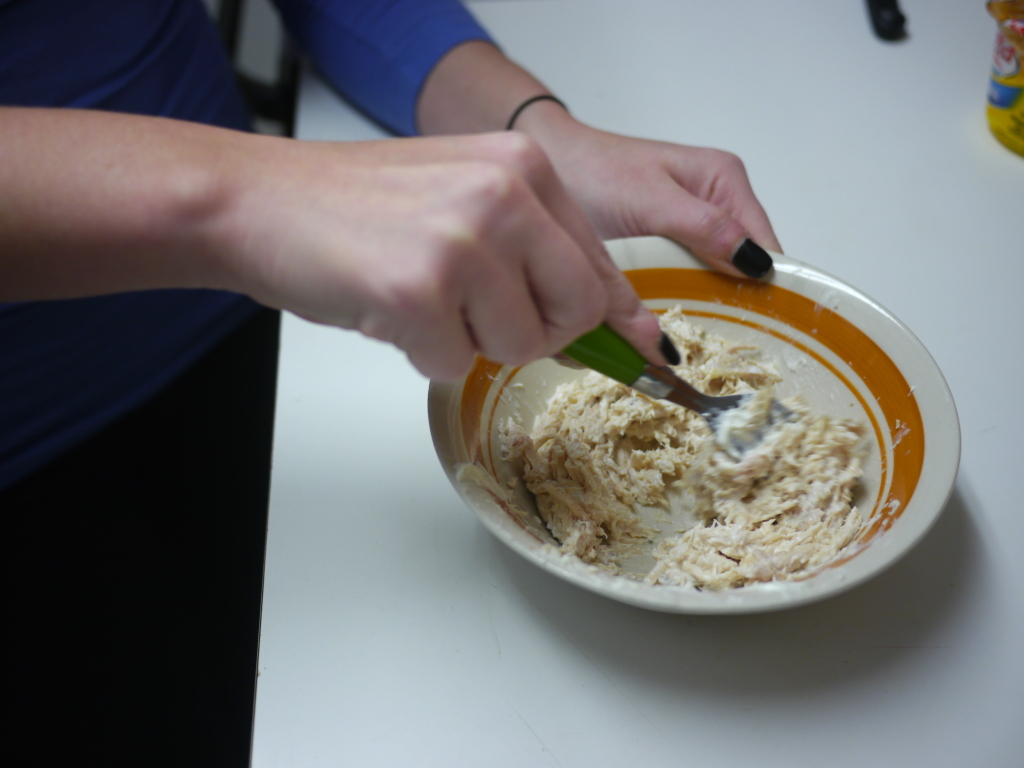Bulimia nervosa is a serious eating disorder that many battle with every day. What sets bulimia nervosa apart from anorexia nervosa is continual inappropriate binges followed by purging behaviors to try to rid the body of calories just consumed.

Photo by Katherine Baker
There are various ways that those with bulimia may purge their food, including obsessive, extreme exercise, laxative use, and most commonly, by self-induced vomiting.

Photo by Natalie Beam
Many people with the disorder often maintain a normal weight and go under the radar of those around them. But bulimia is a serious and dangerous disease that, like anorexia, impacts the entire body.
Read on to find out how and for more info, check out the National Eating Disorder Association’s website.
1. Teeth

Photo courtesy of mazzadental.com
One common symptom of bulimics, particularly those who choose to purge with vomiting, is dental erosion. In fact, often times, dentists are the first to detect these EDs. Vomit is very acidic, and acid breaks down teeth, which can lead to tooth decay and increased risk of cavities.
2. Glands

Photo by Helen Poon
Due to excessive vomiting, many bulimics develop swollen salivary glands (the ones on the neck) as the body starts overproducing saliva. It can be quite obvious, and uncomfortable.
3. Stomach

Photo by Nancy Chen
As mentioned already, the stomach is super acidic, as is vomit. Because of the high acid content in the stomach combined with repeated vomiting, some bulimics may get painful stomach ulcers, and even develop pancreatitis and gastric (stomach) rupture.
4. Esophagus

Photo courtesy of pinterest.com
Because of all the acid coming up from the stomach, many bulimics may suffer from heartburn, and worse, erosion of the esophagus. It can become inflamed and painful, and in severe cases, may even rupture. The esophagus is the tube that helps food move from the mouth to the stomach, so damage to this area can be detrimental.
5. Intestines

Photo courtesy of dailymail.co.uk
Often times, bulimics suffer from GI issues including irregular defecation (inconsistent or difficult poops), as well as bloating, gas, and cramping.
6. Heart

Photo by Christina Kapalko
Much like anorexia, bulimia can mess with the body’s electrolyte balance (in particular sodium, potassium, and chloride), which can cause irregular heartbeats, heart fluttering, and in extreme cases, heart failure.
7. Hands

Photo by Armin Nayak
Often times, people develop clauses or sores on the back of their hands from inducing vomiting, a condition known as Russell’s sign. This is a sign that can sometimes give away the disease keeping it secret.
8. Irregular Periods

Photo courtesy of ubykotex.com
Just like anorexia, if the body doesn’t get enough calories, it can lead the reproductive system to shut down and cause irregular or missed periods. This can also flux with your hormones, which are important for many other regulatory processes in the body, including fertility and bone health.
9. Toxicity from Laxatives

Photo courtesy of paleohacks.com
Excessive use of laxatives can lead to dependency on them, as well as strain and damage on the liver. It can even lead to laxative toxicity and organ damage. Your liver is a darn-important organ responsible for creating enzymes that control a ton of metabolic processes all over the body, as well as ridding your body of drugs and toxins, like alcohol.
10. Depression and Anxiety

Photo courtesy of pixabay.com
A lot of people who suffer from bulimia also deal with shame and the anxiety of hiding their disorder. Mood disorders often walk hand-in-hand with eating disorders, and make for complicated treatment. It’s just as important to heal the brain as it is the body when it comes to eating disorders, meaning recovery may require a team with many kinds of physicians and therapists.
Remember, if you or someone you know has an eating disorder, there is hope. Early intervention is key, so if you’re looking for help, talk to someone you trust and check out nationaleatingdisordersawareness.org.


